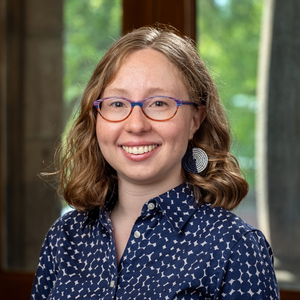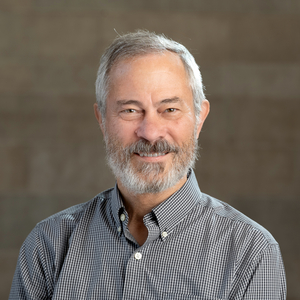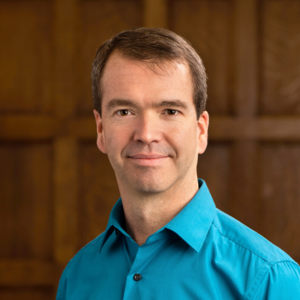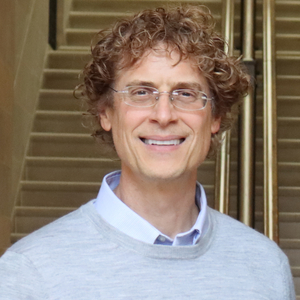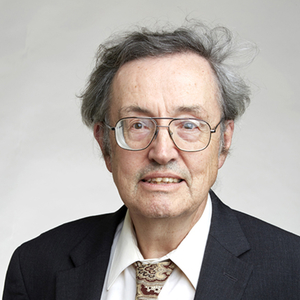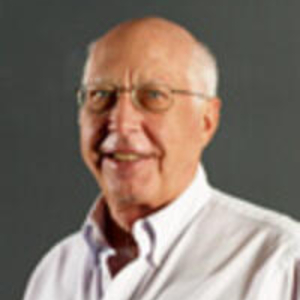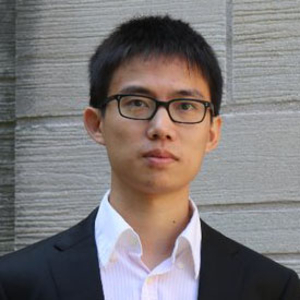Exploring the structures, properties, and reactivity of non-carbon-based compounds
Inorganic chemistry is a diverse area that explores the structures, properties, and reactivity of compounds that are not carbon-based. It involves the exploration of both molecular and materials systems and is important in many biological processes. Inorganic chemistry is vital to society because it has played a major role in many of the most significant scientific discoveries of the last century. For example, the Haber-Bosch process for producing ammonia and the development of silicon semiconductors rely on fundamental principles of inorganic chemistry. Because it is central to the development of strategies to reduce our dependence on fossil fuels and produce new pharmaceuticals, inorganic chemistry will also likely play a role in solving our current problems.
Yale has a rich tradition in inorganic chemistry. In particular, several organometallic catalysts that were developed at Yale, such as Crabtree’s catalyst, are used industrially, and the pioneering work that led to the discovery of the Buchwald-Hartwig reaction was performed at Yale.
A current focus of the inorganic chemistry group is to develop the fundamental chemistry that will result in the use of molecules, such as carbon dioxide and nitrogen, as feedstocks for the production of fuels and commodity chemicals. As a result, the inorganic group is represented in the Yale Energy Sciences Institute and the Yale Center for Natural Carbon Capture.
The research interests of the faculty extend from materials to molecular systems, and considerable attention is devoted to understanding reaction mechanisms, using both experimental and computational techniques. A feature of research in the inorganic division is the collaboration between groups, and all groups routinely share equipment, discuss science, and publish together.

